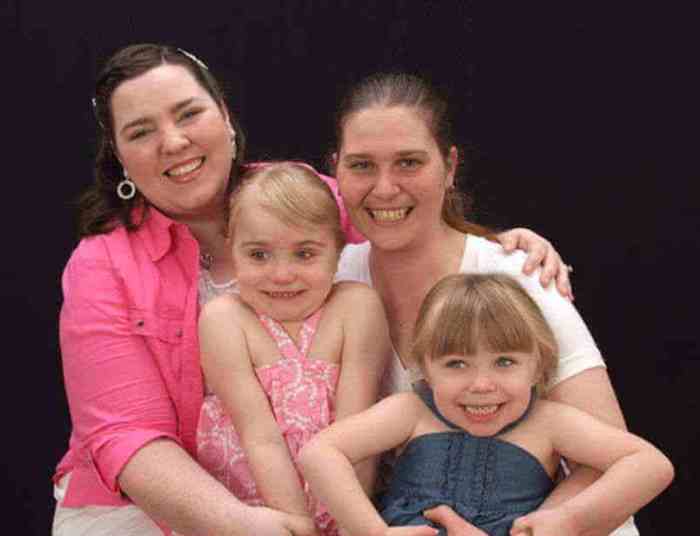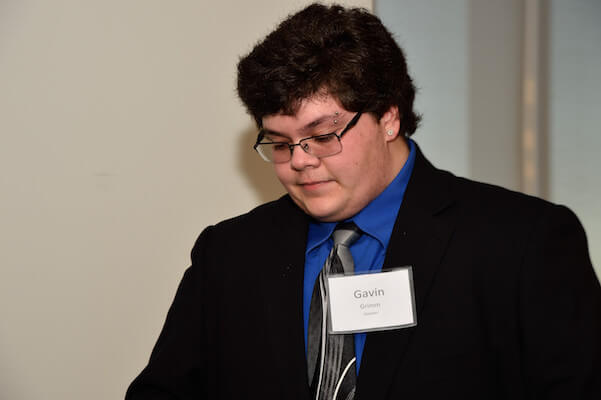Attorneys for the adoptive mother of children born to her former same-sex partner have asked the US Supreme Court to review a decision by the Alabama Supreme Court that refused recognition of the adoption, which was approved by the Georgia Superior Court. The attorneys also asked the high court to restore her visitation rights while the appeal is pending by suspending the Alabama Supreme Court’s order in the case.
The petitions on behalf of V.L. were filed on November 16 by the National Center for Lesbian Rights and cooperating attorneys from Jenner & Block LLP in Washington and local counsel Traci Owen Vella and Heather Fann in Birmingham, Alabama.
V.L. and E.L. lived together in a 17-year relationship in Alabama. In 2000, V.L. changed her last name to E.L.’s and the women decided to have and raise children together. E.L. gave birth to one child in 2002 and twins in 2004 through donor insemination. The women played equal parental roles in raising the kids. In order to give the family’s relationships greater security, they temporarily rented a home in Atlanta in order for V.L. to obtain a legal adoption from the Fulton County Superior Court. The Georgia judge construed that state’s adoption law to allow second-parent adoptions without terminating the birth mother’s parental rights, as several other Georgia trial courts have also done. No Georgia appeals court has ruled against such adoptions, and the State Supreme Court has not addressed the issue directly.
At issue is Alabama Supreme Court’s unprecedented refusal to recognize Georgia adoption
After the adoption, the women returned to Alabama. When they later separated, E.L. eventually cut off V.L.’s contact with the children. V.L. registered the adoption with an Alabama court and filed an action seeking custody or visitation. The Alabama trial and appellate courts concluded that V.L. must be recognized as an adoptive parent entitled to assert her claims. On September 18, however, E.L. won a reversal from the Alabama Supreme Court.
The lower Alabama courts applied the Full Faith and Credit Clause of the U.S. Constitution, which requires that the courts of one state accord “full faith and credit” to the judgments issued by courts in other states. More than a century of well-established court precedents provide that courts may not refuse to accord full faith and credit to a sister state court’s ruling because of a disagreement over the merits of that ruling. The limited exception to full faith and credit would be cases where the court that issued the judgment did not have jurisdiction to do so, either because the court was not authorized to decide such cases or because the parties were not properly within the jurisdiction of the court. In this case, the Georgia Superior Court had specifically concluded that it had jurisdiction over the parties and the subject matter of the case. Indeed, Georgia statutes provide that the Superior Court has jurisdiction over all adoption proceedings.
A majority of the Alabama Supreme Court, however, departing from established constitutional precedents, decided based on its own reading of Georgia’s adoption statute that the Georgia law could not properly be construed to allow second-parent adoptions. The Alabama high court decided that the Georgia Superior Court’s departure from its interpretation of the Georgia adoption statute is a “jurisdictional” fault that justifies refusing to recognize the adoption.
This startling result drew a sharp dissent from a member of that court, who wrote that it “creates a dangerous precedent that calls into question the finality of adoptions in Alabama: Any irregularity in a probate court’s decision in an adoption would now arguably create a defect in that court’s subject matter jurisdiction.”
V.L.’s attorneys, in their petition to the US Supreme Court, argued that the Alabama Supreme Court’s departure from established constitutional precedent requires a resolution of whether state courts are permitted to inquire into the merits of rulings by sister state courts in deciding whether to accord full faith and credit to those judgments, particularly in adoption cases where the result would interfere with family relationships that had been established and then legally ratified in completed adoption proceedings.
The attorneys noted a 10th Circuit ruling that invalidated an Oklahoma statute that barred recognition of same-sex couple adoptions, holding that the law violated the obligation of Oklahoma courts under the full faith and credit clause to recognize such adoption judgments.
V.L., who had enjoyed visitation rights with her children under lower court rulings in Alabama, had those rights suspended by that state’s high court. She is seeking to have those rights restored pending her appeal and is looking to have the right to return to an Alabama trial court, which would determine whether the children’s best interests are served by giving their legal adoptive mother custody or visitation rights.

































